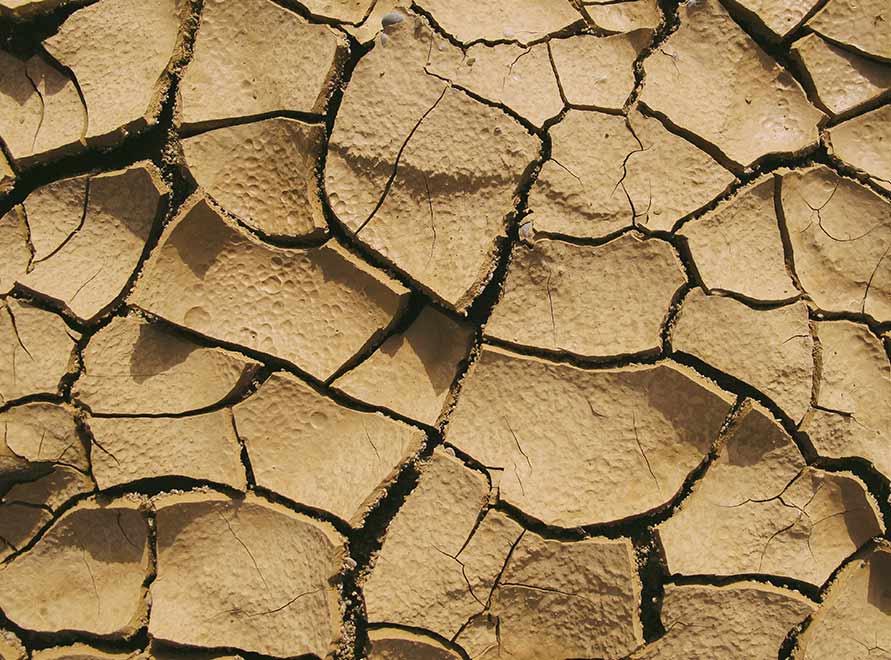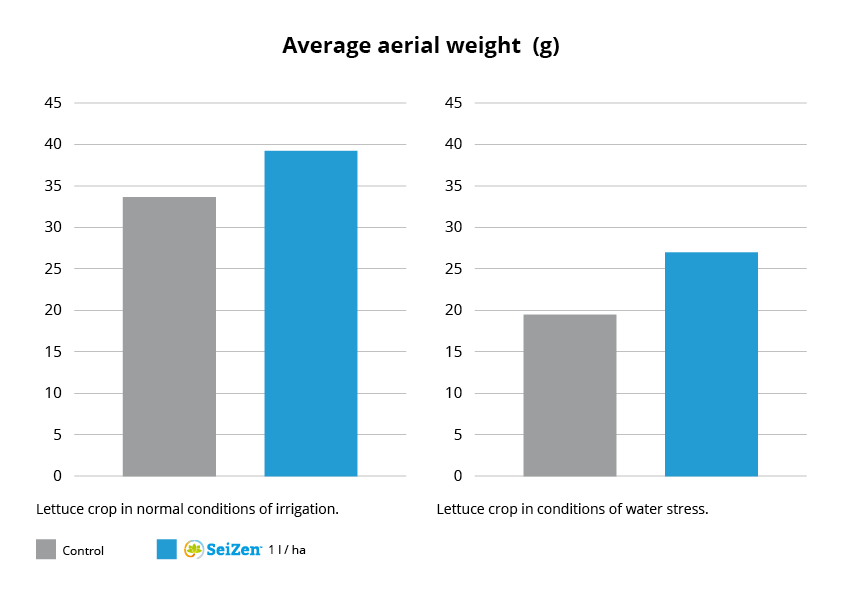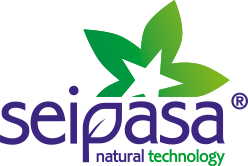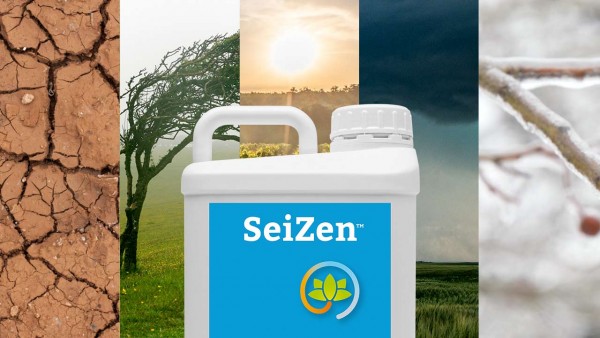Water stress in plants: solutions at hand to reduce the impact on crop production

Water stress has a significant impact on agricultural production and crop quality. Lack of water, whether due to lack of rainfall, drought or poor irrigation, is a stress factor that negatively affects plant growth, development and yield.
The consequences of climate change, characterised by extreme weather events and longer periods of drought, make it even more important to pay attention to water stress in plants. According to the United Nations, the number and duration of droughts have increased by 29% since 2000. The Mediterranean regions are the most vulnerable to the effects of global warming, as the statistics already show. In the case of Spain, 2022 was the sixth driest year in the entire historical series since 1961. Four of these six years have been recorded since 2005.
In this context, it is prudent to consider alternatives to help farmers manage their production under increasingly common conditions of water stress and scarcity. While it is true that crops need an optimal supply of irrigation water and that nothing can replace the absence of rainfall, there are solutions that can help us to live with water stress in plants and reduce its impact in the areas most vulnerable to this phenomenon.
SeiZen is a liquid biostimulant recommended to prevent and recover from damage caused by abiotic stress and external conditions. Its use can improve plant growth rates, development and productivity under extreme conditions.
When applied in situations of water stress, SeiZen ensures that the plant maintains its vegetative development despite the presence of adverse conditions. This is demonstrated by the results of the following lettuce trial.
How to combat water stress in plants
Graph 1 shows the results for the aerial weight of lettuce after application of SeiZen. The crop was maintained under normal irrigation conditions, i.e. without any water stress. In the plot treated with SeiZen, the increase in aerial weight was 14% compared to the control.
Within the same trial, graph 2 shows the results for a plot in which a water stress situation was created in the plant by reducing irrigation by 50%. Two applications of SeiZen were made: the first, one day before the stress was created, i.e. 24 hours before the irrigation was reduced. The second application was made 14 days later to revitalise and recover the crop from any damage caused by water stress. The results show that, although there is a loss of weight in the aerial part, it is much less significant than in the control thanks to the action of SeiZen.

SeiZen is developed using Seipasa’s PK-Tech technology, which is designed to delay both age- and stress-induced leaf senescence.
Effects of water stress on crops
Water stress affects the vital functions and physiological processes of the plant. Crops exposed to these conditions show growth problems and a significant reduction in fruit and leaf production, size and turgor. Photosynthetic activity also suffers, affecting sugar production and thus the plant’s metabolism. In addition, plants affected by water stress have lower and weaker defences and are therefore more susceptible to pest and disease attacks.
There are a number of preventive and corrective measures that are more related to farmers’ experience and cultural practices. These include selecting crops and varieties that are more resistant to water stress conditions, covering the soil with materials that reduce evaporation and, where possible, protecting crops from adverse environmental conditions.



